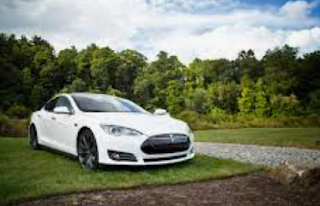Navigating Electric Car Subsidies: Unveiling Regional Discrepancies and Call for Reform
In an online electric car club cafe, a post caught the attention of environmental enthusiasts and concerned citizens. The post detailed the resale of an electric car in Geoje, Gyeongnam, purchased for 53 million won, highlighting a potential misuse of subsidies.
The seller, set to make a profit of approximately 7 million won through combined national and local subsidies, raises suspicions of residing outside Geoje, possibly in Pyeongtaek, Gyeonggi Province. This scenario, exploiting differing regulations on EV subsidies across regions, prompts reflection on the effectiveness and fairness of subsidy programs.
The varying regulations exacerbate the issue. While Pyeongtaek City enforces a two-year mandatory holding period for EVs, Geoje City lacks such a management regulation. Exploiting this disparity, individuals purchase electric cars with subsidies, intending to sell them at a profit quickly.
Instances of fraudulent subsidy claims are not new, as exemplified by fines imposed on a government official and a doctor caught receiving electric car subsidies after relocating to Incheon last year. Experts advocate for systemic changes, proposing reforms that ensure subsidies benefit genuine users. Suggestions include altering subsidy disbursement methods, such as providing benefits based on mileage driven, even through tax breaks or later incentives.
The Ministry of the Environment, recognizing the need for intervention, faces challenges due to the decentralized nature of local government subsidies. While they express difficulty in enforcing changes at the regional level, an announcement during the interview hints at potential inspections into subsidy payments for electric vehicles in Geoje City and beyond. As the discourse continues, the spotlight remains on the necessity for a more equitable and transparent subsidy system.
#ElectricCarSubsidies, #RegionalDiscrepancies, #EnvironmentalPolicy, #SubsidyReform, #FairUsage

